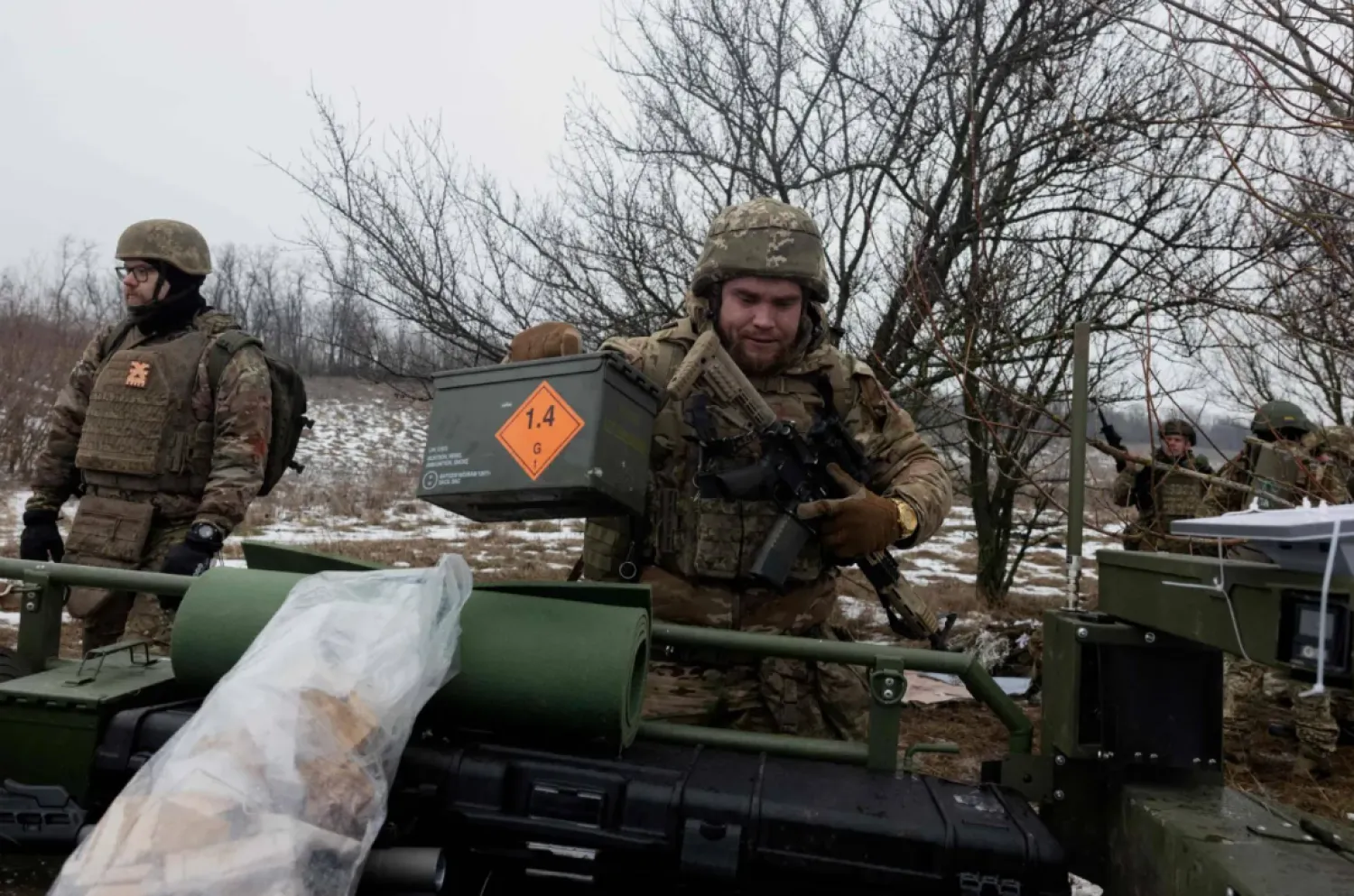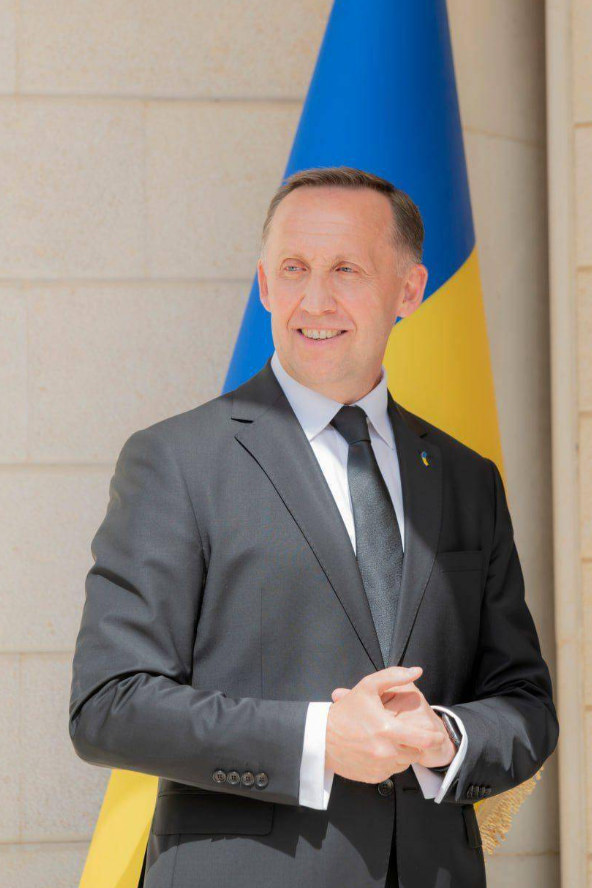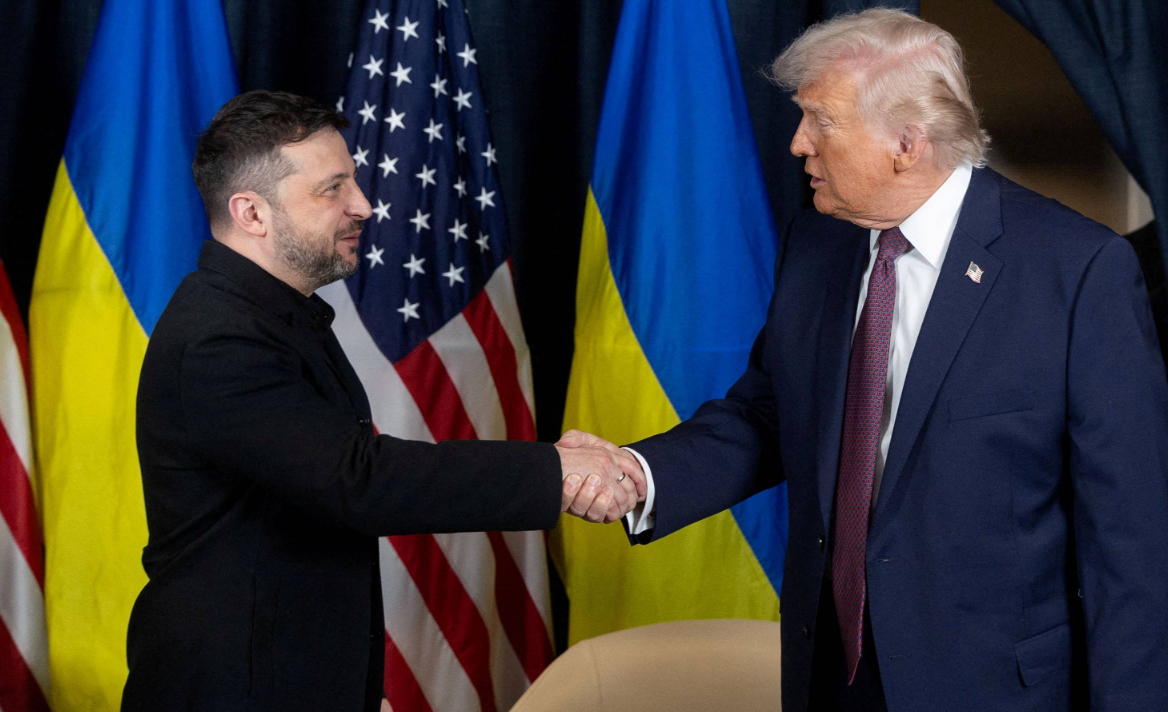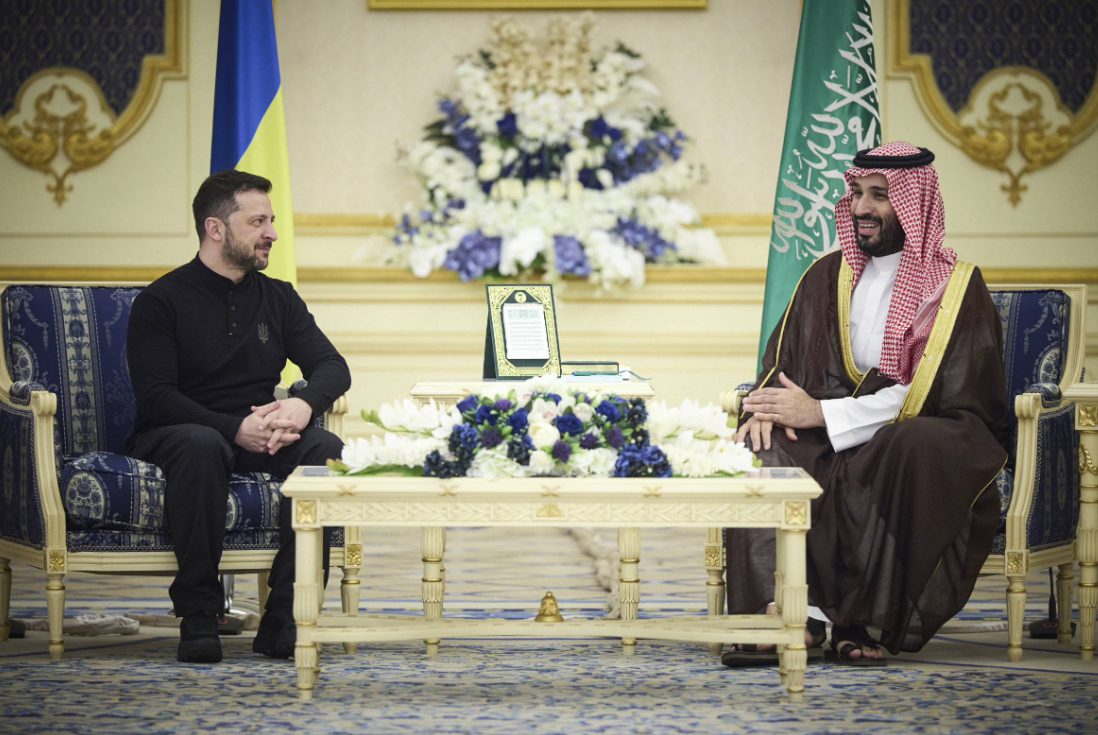General Abdel Fattah Abdelrahman al-Burhan, chairman of the Sudanese Transitional Sovereignty Council, revealed that there is a major Saudi investment initiative for which Sudan is preparing the right environment to accommodate.
“The Kingdom is always ready to invest in Sudan,” al-Burhan told Asharq Al-Awsat in Riyadh.
“Sudan is only required to create the appropriate environment to accommodate Saudi investment and provide adequate guarantees to protect it, especially since capital needs a safe environment so that it can operate in a manner that maximizes its returns and benefits.”
Al-Burhan stressed that repeated Houthi attacks on Saudi Arabia go beyond destabilizing the security and stability of the Kingdom to the whole region. He reiterated Khartoum's support for Riyadh and emphasized continued intelligence, security, and political cooperation to ward off any terrorist act and secure the navigation of the Red Sea.
“There is continuous cooperation between Sudan and Saudi Arabia regarding securing the Red Sea, and we are working together by employing our intelligence and security services, as we have previously cooperated together in thwarting many terrorist operations that were directed against the two countries,” al-Burhan told Asharq Al-Awsat.
Al-Burhan acknowledged the political, economic and security imbalances and distortions that persisted with the expansion of the transitional government. Nevertheless, he attributed them to political strife and fragmentation.
“All these political, economic, and security imbalances are not the result of coincidence, but rather the result of old accumulations that have increased during the past three years.”
“Of course, any politically unstable country will inevitably suffer an imbalance in its economic and security situation.”
He said that since October 25, he has extended his hand to political and national forces from across the political spectrum to meet with the aim of laying out a roadmap to complete the transitional phase.
The general expressed full commitment to the democratic transition process and to completing the transition to the electoral phase in cooperation with all “national partners who are keen on Sudan’s interest.”
As for measures undertaken by Sudanese authorities to hold accountable those involved in killing youths protesting on the North African country’s streets, al-Burhan affirmed that executive and sovereignty agencies will not interfere with judicial work.
“There are procedures that are in full swing, as there are a number of detainees, both from the official agencies and from others suspected of carrying out the killings of some victims from other sides,” said al-Burhan, adding that third parties may also be involved in the deaths of protesters.
The chairman affirmed that judicial work is on track to prosecute the detainees.
Options for resolving the stalemate in the relationship between the current transitional government and civilians are dwindling.
“Political forces do not have many options for solutions,” noted al-Burhan, adding that either an agreement is found, or everyone must wait until the elections start.
“When these forces sit together and reach an understanding and agreement between them, then we will announce our readiness to meet and agree with them,” explained al-Burhan.
“We will offer them everything that helps them from the military component,” he affirmed.
Al-Burhan indicated that the proposal of the United Nations mission and the African Union is more acceptable to many segments of Sudanese society. This means that it is possible to meet around the proposal and evolve it towards a comprehensive vision of the crisis.
Although he declared that he did not intend to run in the planned elections, in which he claimed that 80% of the dues of its institutions had been completed, Al-Burhan admitted that the work of his government without a head had caused many problems.
Despite the troubles facing the headless government, al-Burhan ruled out Abdalla Hamdok returning to the post of prime minister.
Moreover, al-Burhan expressed belief that his country is subjected to systematic and deliberate media misinformation campaigns by some parties seeking to implement personal agendas.
“Currently, it is known to all that Sudan is subjected to a process of systematic and deliberate media distortion and misinformation by some parties who see the interest of Sudan with a narrow partisan eye to achieve personal interests,” said al-Burhan.
He defended the Juba Peace Agreement, asserting that it is not linked to turmoil in eastern Sudan.
“I think that the Juba Peace Agreement achieved many of the benefits of peace in Sudan,” said al-Burhan.
“We are working with everyone to achieve what remains to complete the peace process,” he added.
Regarding the Russian-Ukrainian crisis, al-Burhan said that Sudan supports dialogue and negotiation.
He admitted that he dared to break the famous Khartoum Resolution, but said he did so in the interest of Sudan and its people.
Al-Burhan clarified that events have changed from back when the resolution was established on August 29, 1967.
“I justify to the Sudanese people that Sudan’s interest in that period, when Khartoum raised its Three No’s in the face of Israel, was different from what it is in Sudan’s interest today,” said al-Burhan.
“We are looking for interests for the country’s future,” he affirmed.
The 1967 Arab League summit was held on August 29 in Khartoum as the fourth Arab League Summit in the aftermath of the Arab defeat by Israel in the Six-Day War, and is famous for its Khartoum Resolution known as “The Three No's”; No peace with Israel, no recognition of Israel, no negotiations with Israel.”
Al-Burhan rejected the characterization of exchanged visits between Khartoum and Tel Aviv as confidential, as they do not go beyond being visits aimed at exchanging information.
“There are no high-level visits, as all the visits that are currently taking place are aimed at exchanging intelligence and information and do not need to be announced or hidden.”
Concerning the normalization of ties with Israel, al-Burhan said that the relationship with Tel Aviv was still developing.
“The next government may be able to do it,” he added about the normalization.













